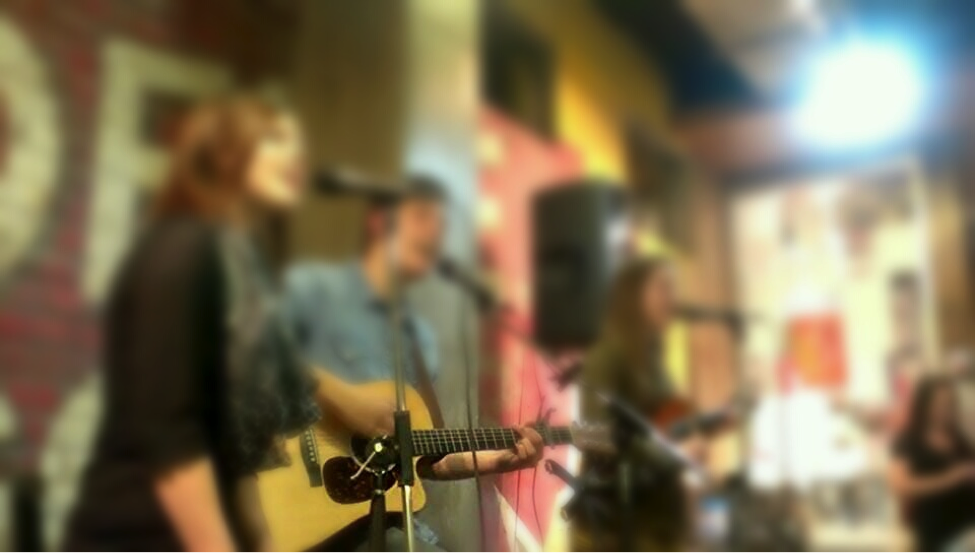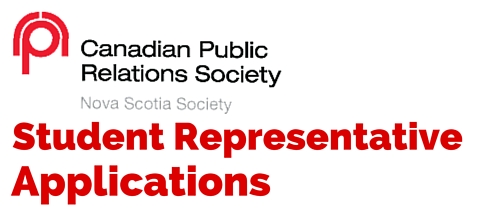Maggie Schiebel
We are a generation that has grown up with a vast array of music. It is constantly changing, and yet, has still been the same. There are still songs about break-ups, make-ups, being happy, and sad; the list can go on. Music is a part of us all, it can pull us through difficult times or be the soundtrack to our lives. If we hear a song it can bring back a flood of emotions, a time in our past, a memory. Music holds so much for each person, individually it gives so much to offer and build off of [1].
Music is instilled in learning new activities and information as we have grown up [2]. It has benefitted the ways children can interpret information and develop new ways of learning [1]. In studies, children use more of their brain when they are musically trained [3], which engages the capacity to learn and grow, benefitting our future [1]. If music uses more of the brain and helps learning and sustaining information, shouldn’t schools encourage music venues?
Music venues open up creativity and the uniqueness of individuals. Mount Saint Vincent University is unique and caters to creative individuals, inviting us to be a part of something different [4]. With a welcoming atmosphere and the intention to engage its students, the Mount is missing a key aspect that truly connects with its students – music. Music includes everyone, talented or not. “The horizons are higher when you are involved in music, your understanding of … the world, and how you can think and express yourself, are enhanced.” [1]. If the Mount aims to bring in a diverse population and maintain high quality of teaching [4], it needs to include music.
There are studies conducted that provide insight on the benefits music has within learning. Social skills, interpersonal relationships and communication are affected by the involvement of music [3]. Being challenged to work harder and perform better, music has connections with higher performance on academic tests [3]. The Mount wants its students to succeed and go prepared into the working world [4]. However, it has not given us opportunities to work on or enhance skills, such as music, so that we can eventually perform better and be fortified with more achievements. “Achievements such as motivation, personal values, self-esteem and awareness of own capabilities.” [3]
Music benefits academics but it also benefits psychological well-being [5]. Going to university applies many stresses to the student. The transition from high school, leaving family and friends, the strains of assignments, due dates and exams; all impact the students’ well-being. Music has been evaluated to improve the positive emotions and decreased negative emotions [5]. It has been suggested also that music can be used as a therapeutic tool with depressed patients [5].
The Mount has taken steps to help improve mental health issues by bringing a dog, Oscar, onto campus to cuddle with and get psychological comfort. The university wants to help its students improve their health [6]. Music can help similarly by promoting relaxation and alleviating anxiety [7].
Adding music to the Mount will give students an outlet to get away from the stresses of students. It will inspire creativity and improve their learning. Including music practice rooms to the Mount campus would provide a space so that students can explore their uniqueness and develop an ability to grow further. This opportunity would create exceptional students who strive for excellence. If we rely on music for so much, shouldn’t there be a place to express ourselves using music?
_______________________________________
References
1. Brown, L. L. (2013). The Benefits of Music Education. Retrieved from PBS Parents: http://www.pbs.org/parents/education/music-arts/the-benefits-of-music-education/
2. Foundation, Music. (n.d.). Benefits of Mucis Education to Math, Reading, Language and Spatial Intelligence. Retrieved from The Music Foundation: http://www.supporttmf.org/documents/BenefitsofMusic-Web.pdf
3. Biasutti, M., & Concina, E. (2013). Music Education and Transfer of Learning. Journal of Communications Research, 5, 3, 397-413.
4. Mount Saint Vincent University. (2013). Mission, Vision, Vaues. Retrieved from Mount Saint Vincent University: http://www.msvu.ca/en/home/aboutus/home/missionvisionvalues.aspx
5. Weisgerber, A., Bayot, M., Constant, E., & Vermeulen, N. (2013). Music and Cognitive Processing of Emotions: Individual Differences and Psychopathology. Journal of Communications Research, 5, 3, 379-396.
6. MSVU. (2012, December 12). Cuddles from Oscar proving popular at the Mount. Retrieved from Therapy Dog Helping Mount Students Combat Stress: http://www.msvu.ca/en/home/aboutus/mediacentre/news/oscarprofiledec2012/default.aspx
7. Hallam, S., & MacDonald, R. (2013). Introduction: Perspectives on the power of music. Research Studies in Music Education, 35, 1.





